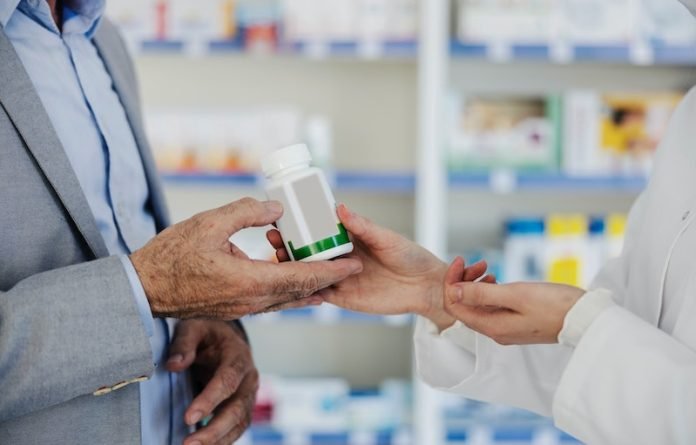
In a study from Yale, scientists found many drugs being touted on TV often have little to no benefit compared to other treatments.
They found fewer than one-third of drugs commonly advertised in the United States are highly rated first-line therapies, based on regulatory reviews from three different health agencies.
The team also showed that medications categorized as “low benefit” accounted for nearly $16 billion of the $22 billion in TV ad spending during the six-year study period.
TV drug ads reach a wide swath of Americans, and they influence a significant number to ask their doctor about one med or another.
A previous study found that nearly three out of four Americans (72%) say they’ve seen or heard an advertisement for prescription drugs.
In the study, the team collected monthly lists of the top-advertised drugs in the United States. The data ran from September 2015 to August 2021.
Of the top-advertised drugs, about 32% affect the immune system to treat a wide range of ailments—everything from arthritis, psoriasis and ulcerative colitis to severe autoimmune diseases and cancer.
Another 16% of the drugs affected the digestive system and metabolism to treat conditions like diabetes, and about 14% were drugs to treat mental conditions and mood disorders.
The researchers then got therapeutic value ratings for each drug from health agencies in Canada, France and Germany.
They classified a drug as ‘high benefit’ if at least one of the three [agencies] rated the drug as having at least moderate therapeutic value compared to available alternatives.
On the other hand, a “low-benefit” drug would be one mainly used as a backup option if better therapies don’t work for a particular patient.
The researchers found 73 drugs that at least one of the three agencies had rated for therapeutic value rating. But only 20 (27%) of the 73 were rated by any agency as having high therapeutic value.
Those high-rated drugs represented only about one-quarter ($6 billion) of advertising spending for the period, while the rest of the ad dollars were spent touting drugs of more questionable benefit.
The team says drugs with high clinical value probably don’t need much advertising because they’re probably already likely to be recognized and prescribed without the additional promotion.
So, the drugs people see advertised on TV aren’t necessarily the biggest breakthroughs in medicine.
If you care about health, please read studies about how Mediterranean diet could protect your brain health, and this plant nutrient could help reduce high blood pressure.
For more information about health, please see recent studies that olive oil may help you live longer, and vitamin D could help lower the risk of autoimmune diseases.
The study was conducted by Neeraj Patel et al and published in JAMA Network Open.
Copyright © 2023 Knowridge Science Report. All rights reserved.



